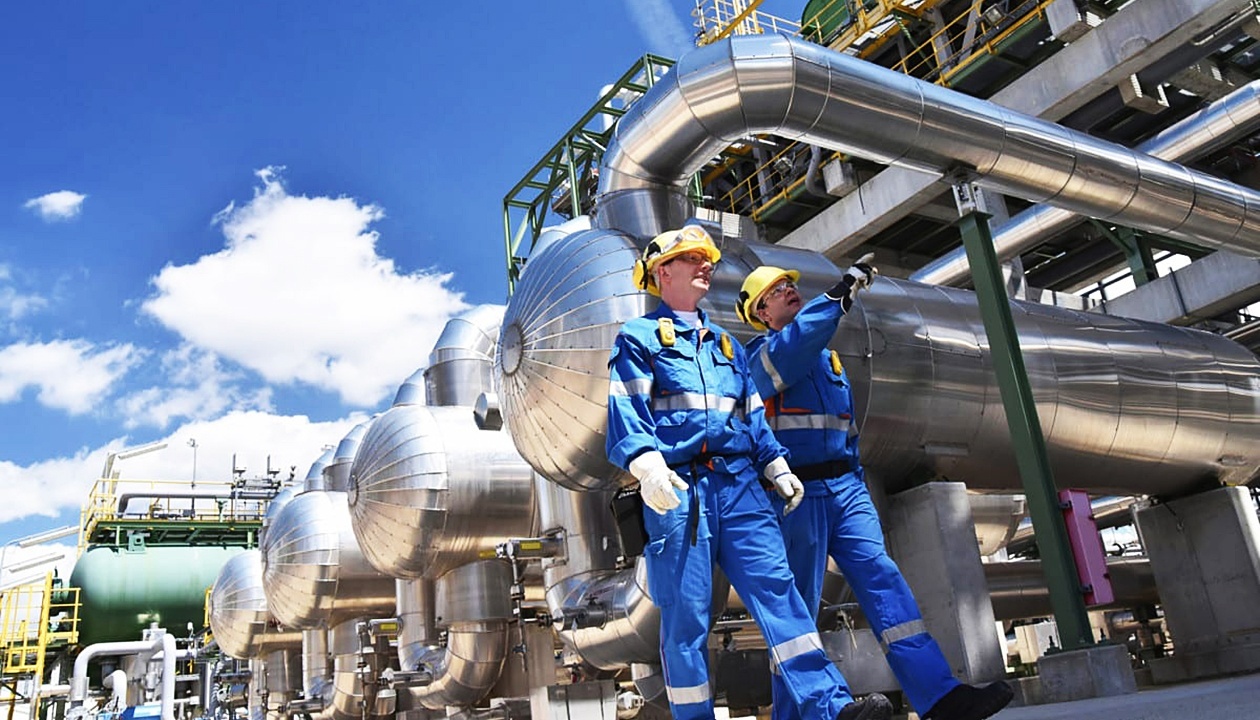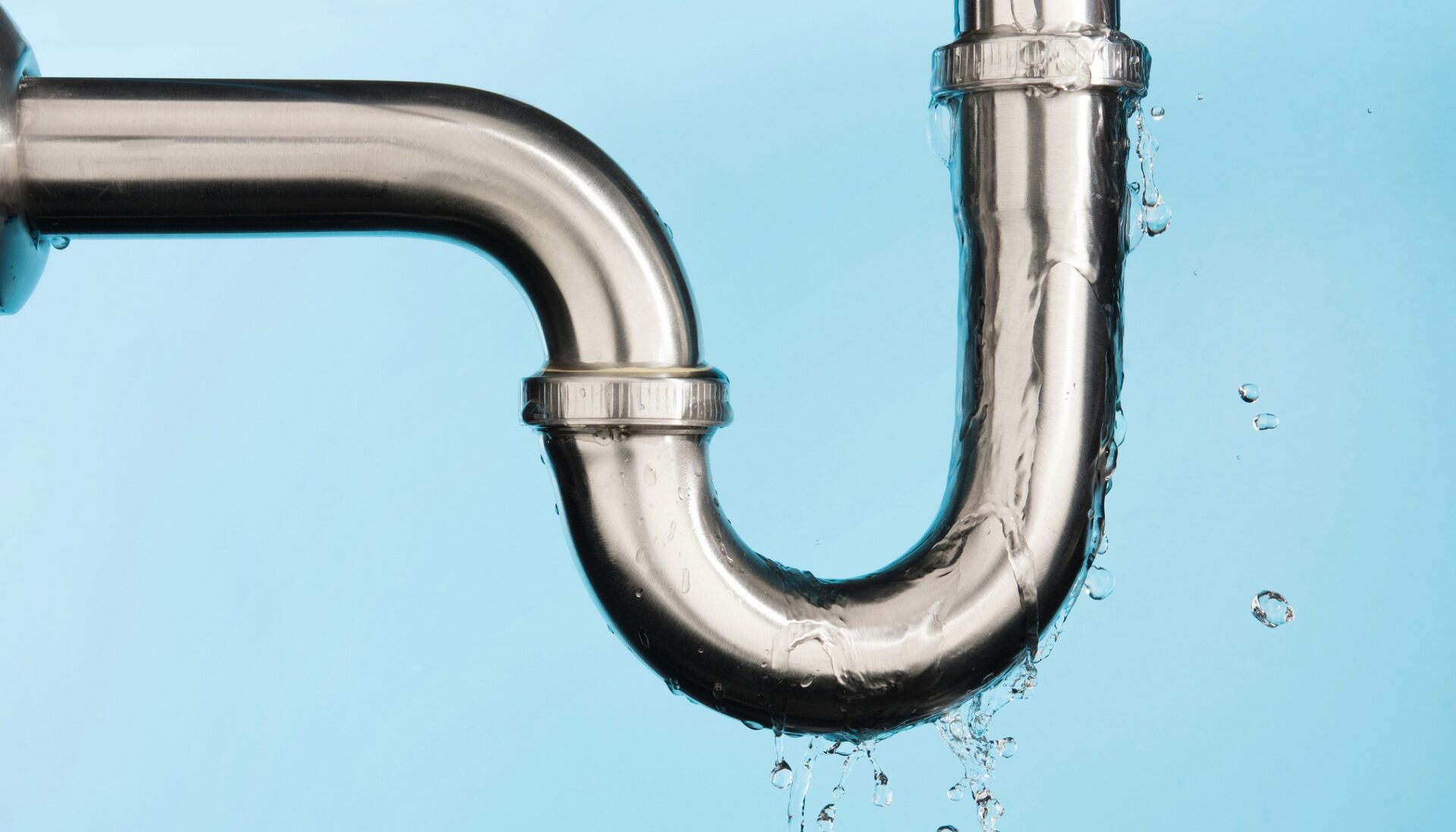Occasionally, the terms “process piping” and “plumbing” are used interchangeably, but this is often incorrect. Process piping is different from plumbing in both function and regulatory requirements. A certificate that offers you specialized knowledge in process piping prepares you to work in oil and gas and other industries where specific expertise and preparation are required.
When you have an engineering design technology education, you can work on teams to improve and assist in the creation of process piping systems. Keep reading for the differences between process piping and plumbing.
Process Piping and Plumbing: What Makes Them Different?
Though it can be easy to see similarities between plumbing and process piping, such as the use of pipes and similar fixtures, they are fundamentally different systems. Process piping is responsible for taking raw materials and converting them into product that is usable for a function. This includes liquids, chemicals, gas and fuel. The conversion step is the hallmark of process piping.
Plumbing, on the other hand, doesn’t include a conversion step or transitioning materials into new forms. Plumbing moves fluids through facilities, but they remain the same materials (often water). Functions served by plumbing include heating, cooling, waste management, as well as other plumbing fixtures such as sinks or showers. With process piping training, you’ll understand that while plumbing runs through a facility, it doesn’t serve the purpose that process piping does.
The Role of Process Piping Specializations in Industry
As mentioned, process piping serves a very different function from plumbing. In the oil and gas industries, for example, process piping is the means by which raw materials are converted into usable forms of energy. Process piping systems convert crude oil using heat, boiling and separation of fluids. Crude oil is a substance that is extracted from the Earth and doesn’t serve a purpose unless it is converted by way of a process piping system.

Crude oil can’t be used until it is converted. Process piping makes this conversion possible.
When crude oil is boiled in a process system, the various chemicals it contains turn into different gases that then turn back into liquids when cooled. Cleaning and processing needs to then take place before these substances can be used, after which they become products with functions. Your process piping specialization may lead you to helping with systems that create diesel, petrol, paraffin and other usable products.
Process Piping Specializations Point to a Better Future Career
Industries where process piping is important include the semiconductor, chemical, paper, petroleum refinery, pharmaceutical, and textile industries. Along your journey you may find yourself working in various areas using your process piping diploma. Different regulations apply to process piping in comparison to plumbing, since engineers are able to determine which materials will work well and safely in systems. With plumbing, regulations aren’t the same since safety and material considerations are different. Detailed components are important in process piping. Backflow preventers are an example of an important component in a system that can prevent materials from becoming contaminated and which need to be carefully inspected. Details like this make your technical skills important to ensure that small elements aren’t missed when testing or simulating equipment.
This means that your career could be one where you work on interesting and important projects, and where innovative strategies and techniques are used. You can choose a career path that allows you to combine your creativity with attention to detail and technical skill.
Are you interested in what Digital School has to offer?
Your career awaits.



